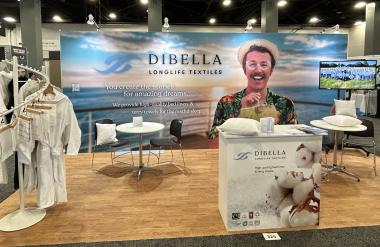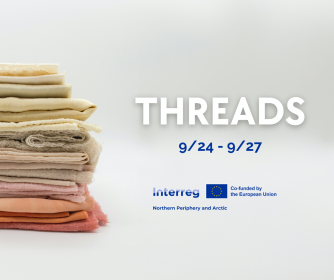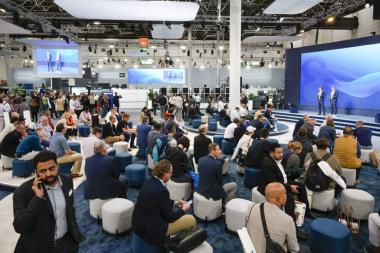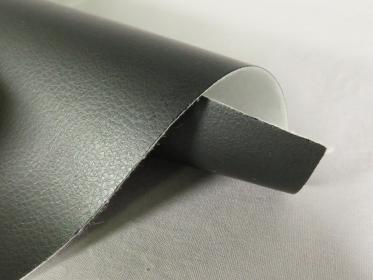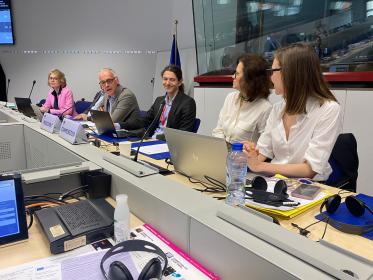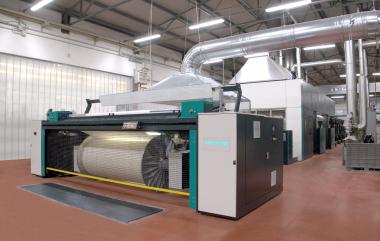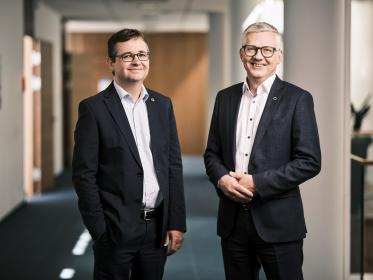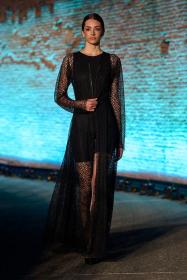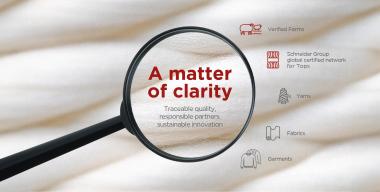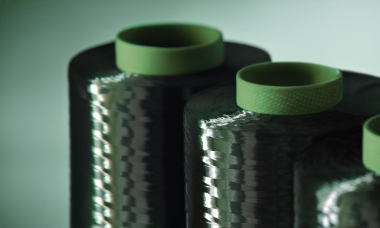Lenzing welcomes new shareholder Suzano S/A
The Lenzing Group learned that Lenzing's main shareholder B&C Group and the Brazilian pulp producer Suzano S/A have signed a long-term partnership in connection with the majority stake in Lenzing. As part of this agreement, Suzano S/A will take over a 15 percent stake in Lenzing AG from B&C Group. Suzano is the world's largest pulp producer based in Sao Paolo and recently achieved annual sales of more than EUR 7 billion.
Lenzing's management welcomes the proposed transaction and looks forward working with another core shareholder.
Lenzing AG








